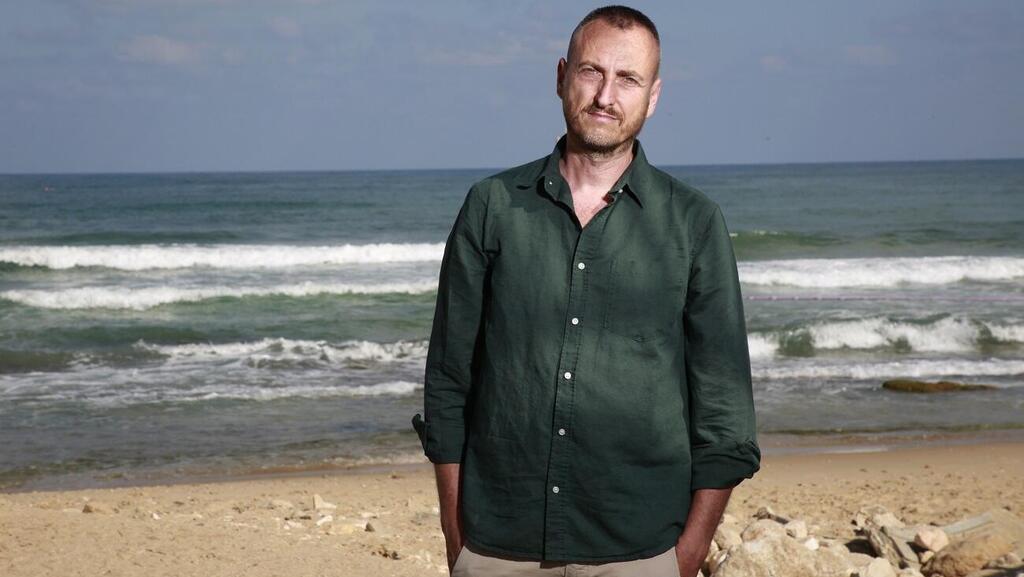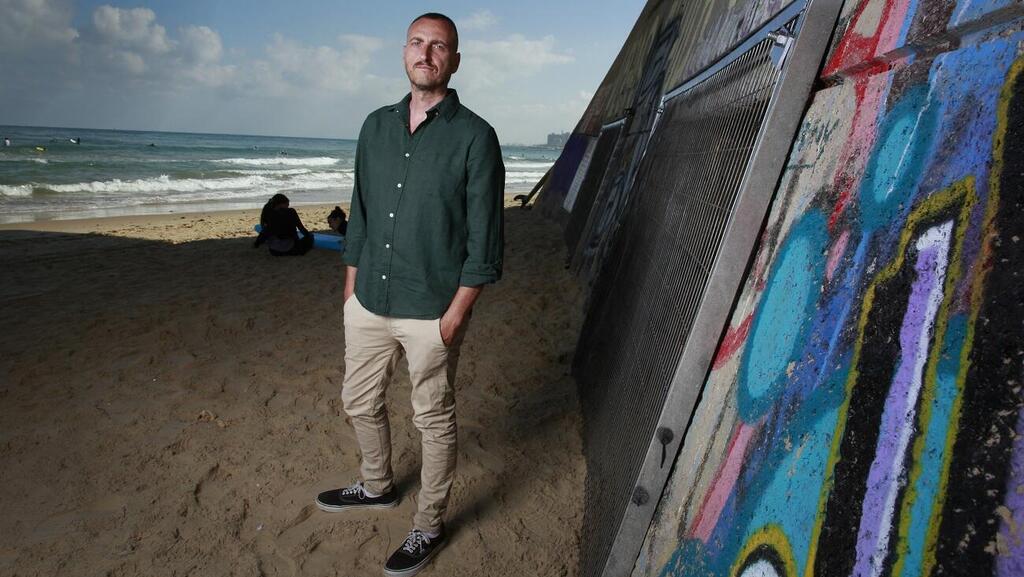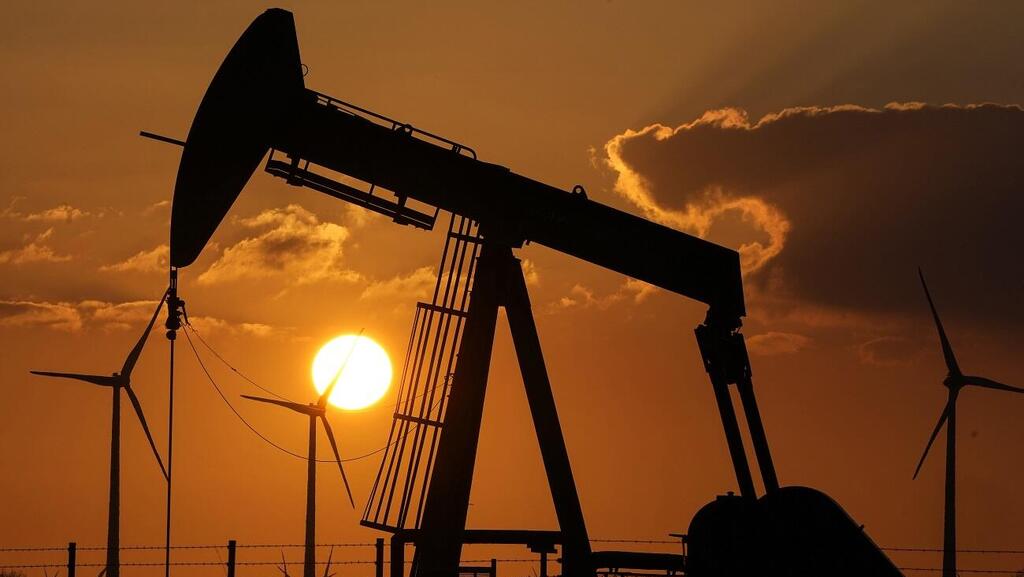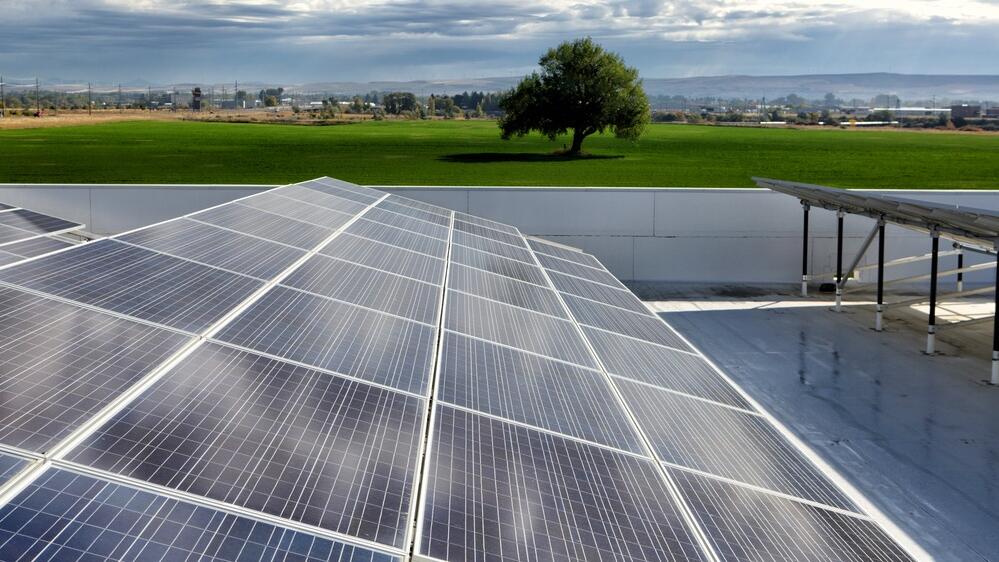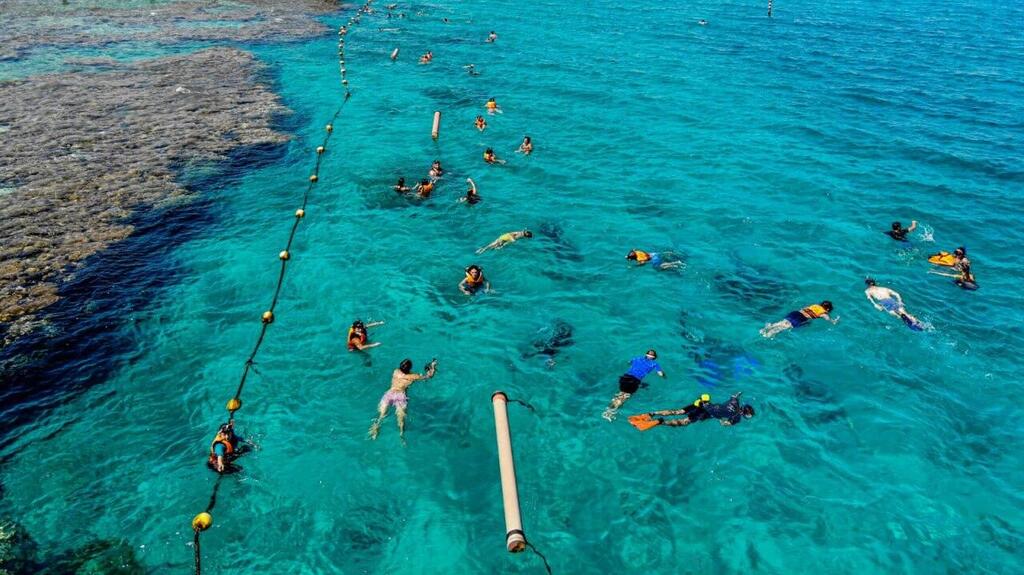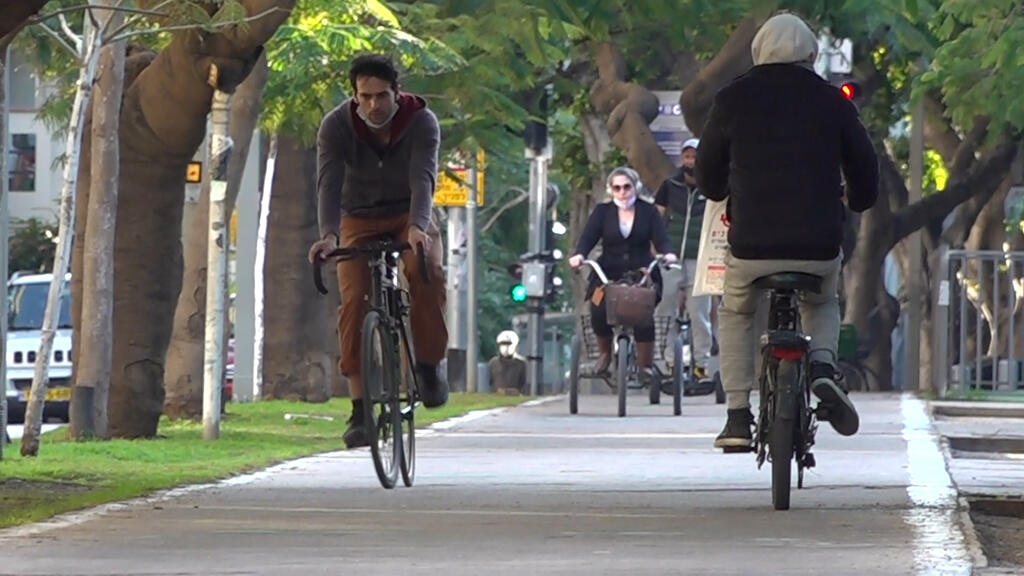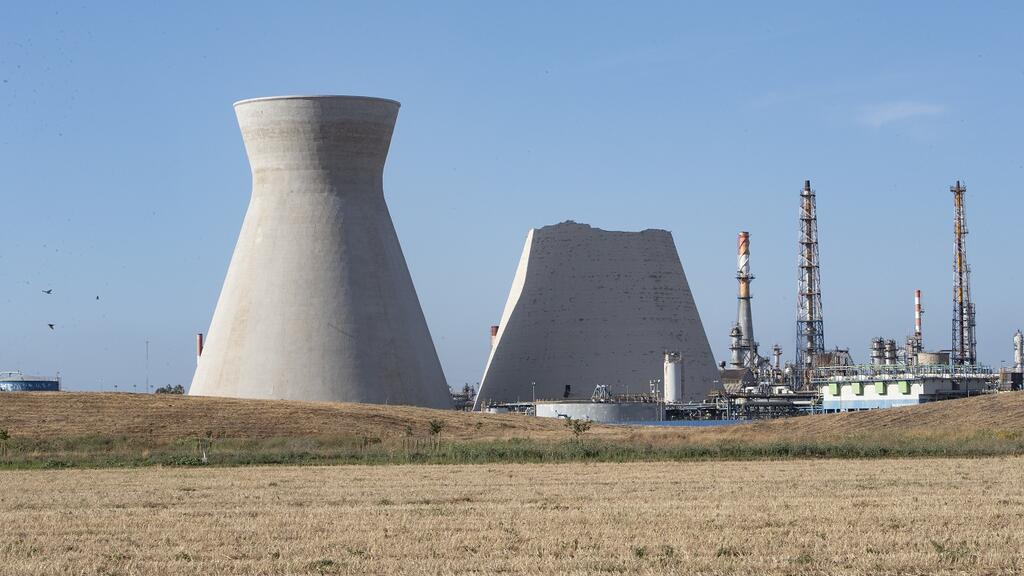Getting your Trinity Audio player ready...
Mor Gilboa, head of Zalul Environmental Association which works to protect Israel’s sea and water sources, fears that Israel’s apathy to climate change could spell disaster.
Hours before heading to the UN Climate Change Conference in Egypt, Gilboa sat at home and watched the exit polls of last week's election, which made him feel ill at ease.
“The election results concern me,” he says. “The fight against climate change will not be on the agenda of the new government. Discussions about the climate have completely disappeared in the latest election, and any major environmental actors were pushed out of any potential government.”
“There’s now fear that no one will be there to continue the fight for a healthier and cleaner environment,” he adds.
“Especially now, when resolute action is needed, it seems we’re facing a government that most likely won’t have brave voices to defend the environment,” Gilboa says.
“Dramatic achievements we made in recent years, like canceling the oil transferring deal through the trans-Israel pipeline, increasing costs on disposable plastic utensils, shutting down the oil refineries in Haifa and committing Israel to a plan to completely cut carbon emissions by 2050, are all in danger,” Gilboa explains.
Gilboa, 48, broke up with his partner shortly after he assumed his position at Zalul — a breakup that cut short efforts to become a father.
When asked if he ever considered bringing a child into the world as it is now, Gilboa replied: “That’s a good question, I tried to have children with my partner.”
“I spoke about it with my partner, though I don’t really like the procedures gay couples have to go through other than surrogacy,” Gilboa says. “I’m conflicted about it because I feel like these children are born into a daunting reality with an uncertain future.
Science is certain about the future, however, and we’re headed to a horrible environmental future. Science says so, not card readers. Also in Israel and internationally. Rising sea levels and extreme weather phenomena will fuel migration waves and pollution that will affect the lives of billions. There's an internal conflict — what should you do when you know all these things but I managed to reconcile the two.”
Gilboa says that he believes that child-rearing inspires hope for the future in a person.
“Since I’m a hopeless optimist, it convinced me,” he adds. “I still find it scary and won’t go forward with it for now, but I’m not ruling out the option completely at this point.”
Gilboa says he remains optimistic even when faced with concerning scientific data. “According to all scientific estimations, we’re not heading in the right direction, and there’s no way to stop global warming by 2030, it’s inevitable, but still, we don’t give up.”
“I, and many others who are aware of this, will not give up,” Gilboa says. “We do not just accept things and let it go.”
“I once talked to a friend who’s grown disaffected after he struggled to find love,” he adds. “I told him that even if someone from the future came and told me I would never find love, I would have never stopped looking for love. Although I'm aware of the apocalyptic predictions, I don’t think I can just sit idly by, because I believe there’s value to our work, that it’ll serve us and all of mankind. I hope we’ll do as much as we can, but it’s frustrating.”
“If countries would treat climate change like they did with COVID, and say it has to be taken care of, things would progress much quicker,” Gilboa says. “It’s annoying that we have to fight the Energy Ministry to have an emergency plan to protect the ocean, don’t you know we have five desalination facilities and nearly all of Israel’s water comes from sea?”
“We've seen the oil spill disaster. Yet, the Finance Ministry passes to buck to the Environmental Protection Ministry,” he explains.
“In some places, we’re still fighting the same battle we fought decades ago,” he says. “When I first became an environmental activist, Israel worked with 1% renewable energy. Today it’s 8%, but we're in 2022, soon 2023. Israel, high-tech nation, clean-tech nation, 360 sunny days a year. Is that it Continuing to drill for oil and gas? Is this what Israel wants to contribute to the world?”
Gilboa's environmental group Zalul was founded in 1999 as part of the fight to save the coral reef in Eilat Bay and stop fishing in the area. Since then, the reef has been recovering but suffered a major setback after a powerful storm hit the area in 2020.
Until recently, the reef faced another major threat — the oil transfer deal with the United Arab Emirates via the trans-Israel pipeline, which was axed last year by the Environmental Protection Ministry.
Gilboa hopes Zalul will regain its status as a leading environmental organization after it was eclipsed by other groups in recent years.
Gilboa says that things have changed since he made his first steps as an activist. “Things changed, the world changed, conversation topics changed too, mainly regarding the climate crisis and the urgency it creates. It’s a sense of emergency, whether people realize it or not.”
“People’s attention and interaction with public figures changed as well, we might not always see the changes we want to make, but there’s still progress,” Gilboa explains.
“A decade ago, we fought for bicycle lanes in Tel Aviv,” he says. “Reality then wasn’t like what we see today. It’s the same with the treatment of disposable plastic utensils and plastic bags. Public transportation has also undergone major changes, when I first began as an activist, we fought for adapting the system to electronic tickets, rather than paper ones.”
“The world is advancing and it feels like we’re trying to bridge a gap of decades,” Gilboa explains. “But our job is to make sure to push forwards the topics we fought for 15 years ago. We should invest more into public transport to have an alternative for private cars, but it doesn’t look like things are heading this way.”
“Today we’re at a point where there's a decision to dismantle the oil refineries in Haifa within a decade,” he explains. “Will it happen? Will a new government cancel these plans? Things aren’t certain yet.”
“We can’t have climate change being a controversial topic. It’s dangerous and wrong. The environment requires strong individuals to handle it and can become a unifying force in Israel. Israel’s untapped potential is also an opportunity for change.”
“Pressing issues, like Israel’s lack of readiness for environmental crises like oil spills and drilling at sea, catching up in use of renewable energy and putting a stop to further oil and gas exploration, are all crucial steps the new government has to address,” Gilboa says. “We see a worrying lack of lawmakers who are worried about the environment."
“Israel’s government needs to address the climate crisis as a threat to our existence here,” he explains. “This is the only way Israel can safely reach the next two decades, where environmental shifts in our region will only increase. The environment needs more people advocating for it in government.”
“Many environmental issues affect all of us, and it doesn't make sense that only one side of the political aisle would lead the fight,” Gilboa says.
“Lawmakers must realize how serious a lack of an emergency plan for our ocean is, from where 75% of our drinking water comes. There needs to be a solution to discourage us from harming the environment, while not being too extreme and upset people.”


